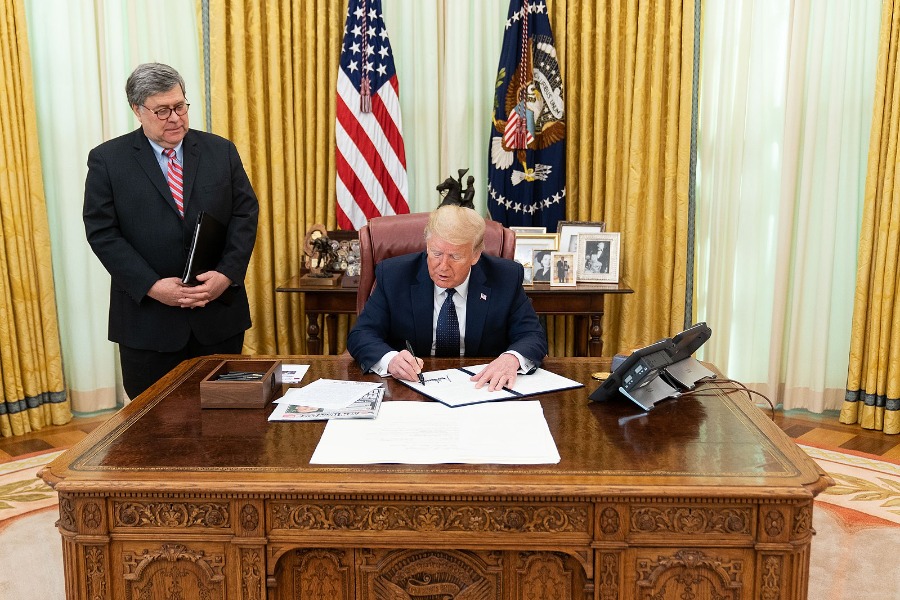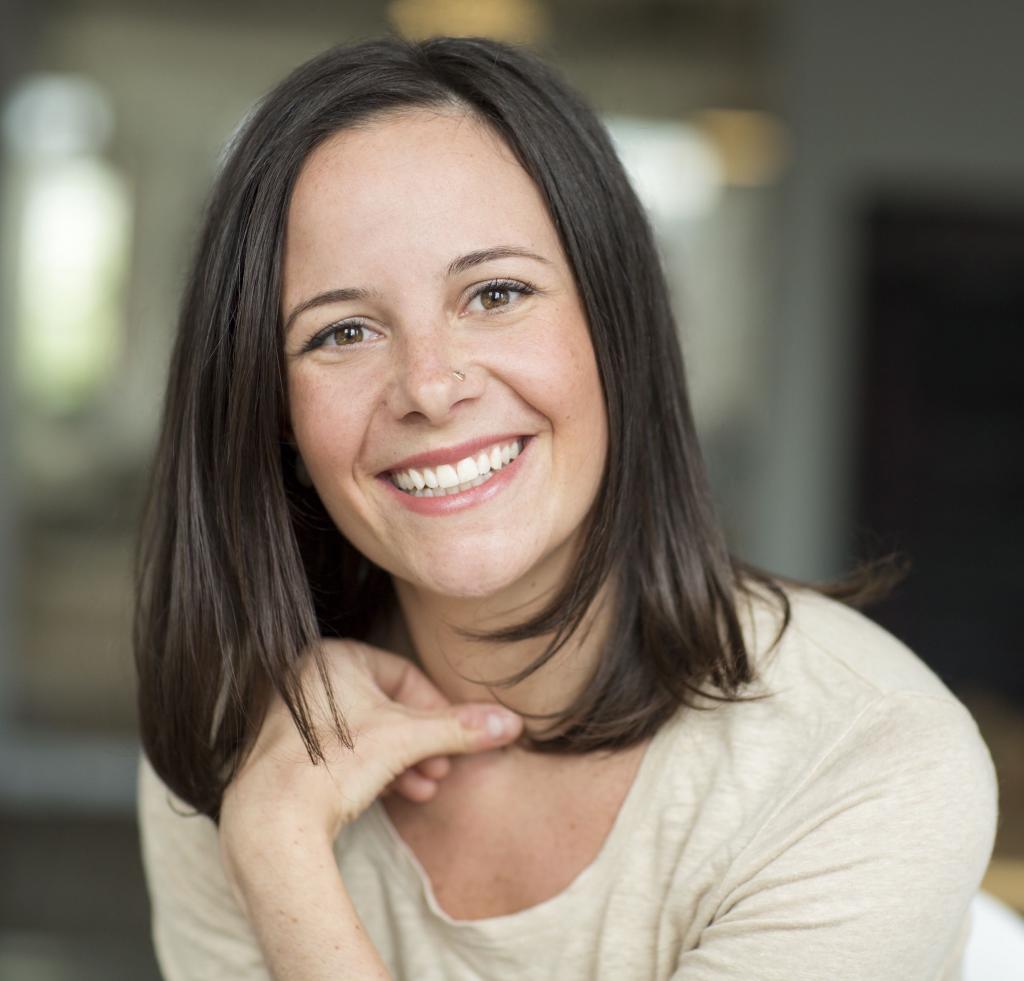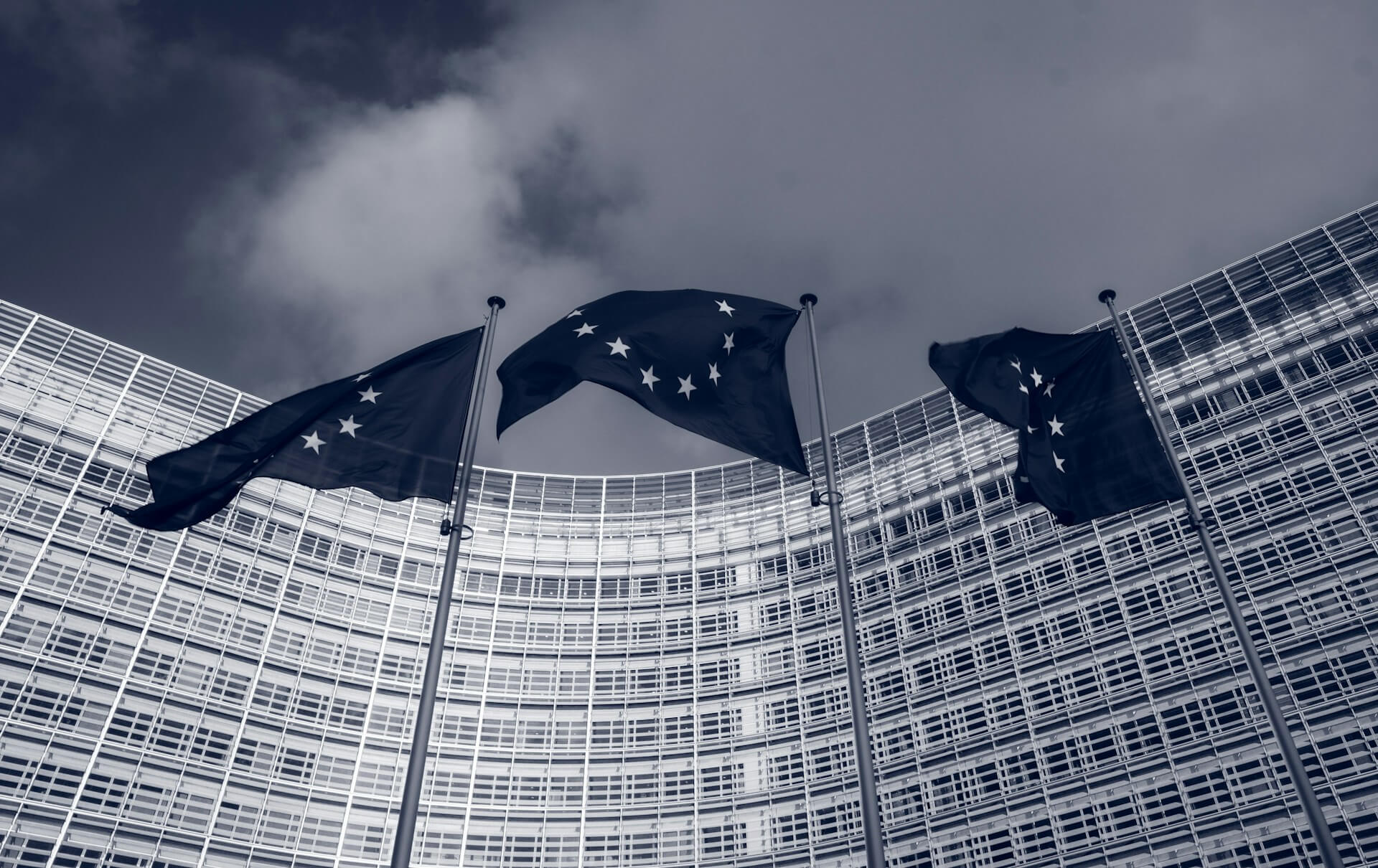Everything You Need to Know About Section 230
Lawfare readers can now view a video series featuring expert commentary on what the law stands for, how it’s been interpreted and what the internet will look like with or without it.

Section 230 of the Communications Decency Act has become a frequent topic in the news and political debate. In the past few months alone, the “law that created the internet” has faced attacks ranging from President Trump’s Executive Order on Preventing Online Censorship to calls by Sen. Josh Hawley and presumptive Democratic presidential nominee Joe Biden to revoke Section 230.
But what does Section 230 actually say? Despite all the debate, there’s a remarkable lack of consistency among the law’s critics about its substance. It often seems that Section 230 means different things to different people for different reasons.
To address this issue, I convened a weeklong lunch series of five 90-minute webinars sponsored by the Yale Information Society Project. The series aimed to bring much needed clarity to this conversation from the experts who know best precisely what Section 230 stands for, what it meant when drafted and what it means now, and what the internet will look like with or without it. In practice, this meant that the week’s discussions moved from the history of the statute and the backdrop in which it was created, through its interpretation and implementation, and then pivoted to the present-day debate and what the future holds for the “26 words that created the Internet.” And now, video of the panels is available below for interested readers.
Some experts on these panels are lawyers, while some are not; some have worked inside tech companies, while others have brought litigation against those companies; they are conservative and liberal; they hail from government agencies and activist groups; they have fought for reform of Section 230 and railed against that reform. Their diverse and knowledgeable discussion of these issues should serve as a reference point for lawmakers, journalists, agencies and the public going forward.
The first panel covered the history of Section 230. Starting the conversation was Jeff Kosseff, assistant professor of cybersecurity law at the United States Naval Academy and author of “The Twenty-Six Words That Created the Internet,” a history of Section 230. Kosseff provided a summary of the historical context in which the statute was drafted, as well as details around its legislative history. The conversation then turned to Eric Goldman, professor of law at Santa Clara University School of Law, who has prolifically documented courts’ handling of Section 230 on his blog. Goldman spoke to the early cases around the Communications Decency Act, including the critical decisions in Zeran v. AOL and Reno v. ACLU. Mary Anne Franks, professor of law at University of Miami School of Law and the author of several articles about the harms that have flowed from Section 230 immunity, rounded out the conversation about the protection Section 230 provides to sites at the cost of victims.
The second panel focused on what Section 230 meant for telecommunications and agencies. Blake Reid, clinical professor at University of Colorado Law School and expert on telecommunications law, opened the conversation with a discussion of the potential for Section 230 to impact telecom. Olivier Sylvain, professor of law at Fordham University School of Law and a critic of broad applications of Section 230, considered the attempt of the Trump executive order to draw the Federal Communications Commission into the Section 230 debate—which all panelists agreed was a political distraction at worst and a misguided distraction from real internet and telecom issues at best. Tejas Narechania, assistant professor of law at Berkeley Law School, argued that the popular “story” that the internet has developed and bloomed in the absence of regulation is somewhat incomplete. In fact, Narechania pointed out, Section 230 has been invoked both to regulate the internet and to oppose regulation.
The third panel turned the conversation toward what the existence of Section 230 actually meant for lawyers and policymakers at internet platforms. Alexander MacGillivray, who has served as general counsel at Twitter and deputy general counsel at Google, began the conversation by describing his early role at both companies and how Section 230 had provided a “backstop” to the amount of content they would have had to take down based on claims of defamation. Dave Willner, who served as head of content policy at Facebook between 2008 and 2013 and wrote many of the rules that still serve as Facebook’s Community Standards today, agreed. Daphne Keller, director of the Program on Platform Regulation at Stanford’s Cyber Policy Center and MacGillivray’s former colleague at Google, chimed in to emphasize the role of Section 230 in providing solutions for defining span and understanding takedown of good versus bad content.
The panel wrapped with audience questions and a discussion of the role of Section 230 for trust and safety professionals—the industry workers who deal daily with adjudicating and removing flagged content. Charlotte Willner, also formerly of Facebook, joined to emphasize how critical Section 230 has been for protecting the individuals who moderate content by shielding them from huge legal consequences should they accidentally err in taking down or leaving up the wrong content.
The fourth panel pivoted away from a historical discussion and into current events: Why are we all talking about Section 230, and why now? David French, attorney and senior editor at The Dispatch, began the discussion by summarizing the history of engagement with Section 230 by the political right, first as a tool to remove salacious material from the internet and now as a means of trying to force platforms toward “political neutrality.” French also discussed his personal experience with online harassment and how he was able to use—albeit slowly and imperfectly—tools provided by platforms to ameliorate the abuse. Carrie Goldberg, attorney and founding partner at C.A. Goldberg PLLC—a plaintiff’s law firm specializing in causes of action against big technology companies—argued that eliminating Section 230 would have far less of a dramatic effect than many fear. Cathy Gellis, attorney and technology policy outside counsel, agreed that while such limits exist, Section 230 provides an important role in incubating new technology companies that is critical in today’s internet landscape. All agreed that the current slate of Section 230 reforms from the Department of Justice and current Congress are not the kind of serious-minded or realistic changes that would make a better internet.
The fifth and final panel moved from the present to the future of Section 230, asking: What would the world look like without Section 230 in it? To begin the conversation, Kendra Albert, lawyer at Harvard Law School’s Cyberlaw Clinic, and Lorelei Lee, a writer and sex worker advocate, described the effects of SESTA/FOSTA, legislation that endangered Section 230 protections for platforms organizing or hosting advertisements for sex work. Though proponents of SESTA/FOSTA argued it would hold sites liable for potentially advertising for sex trafficking, both Albert and Lee described how the loss of immunity had done little to help solve the problem of sex trafficking and only served to further marginalize an already at-risk community. The writer and activist Cory Doctorow spoke about early reform attempts on the internet, such as copyright, that had resulted in more censorship and harm to minority communities. Rejoining the conversation, Daphne Keller reminded the panel of how changes to Section 230 shape the global conversation—and, in turn, how the U.S. can learn from international bodies. The main struggle of the internet, the panelists discussed, is the tension of allowing people to minimize harms against themselves while maximizing the internet’s positive effects—which Doctorow framed as balancing tools for “self-reliance” against “inter-operability.”


-(1).jpg?sfvrsn=a0f57148_5)


